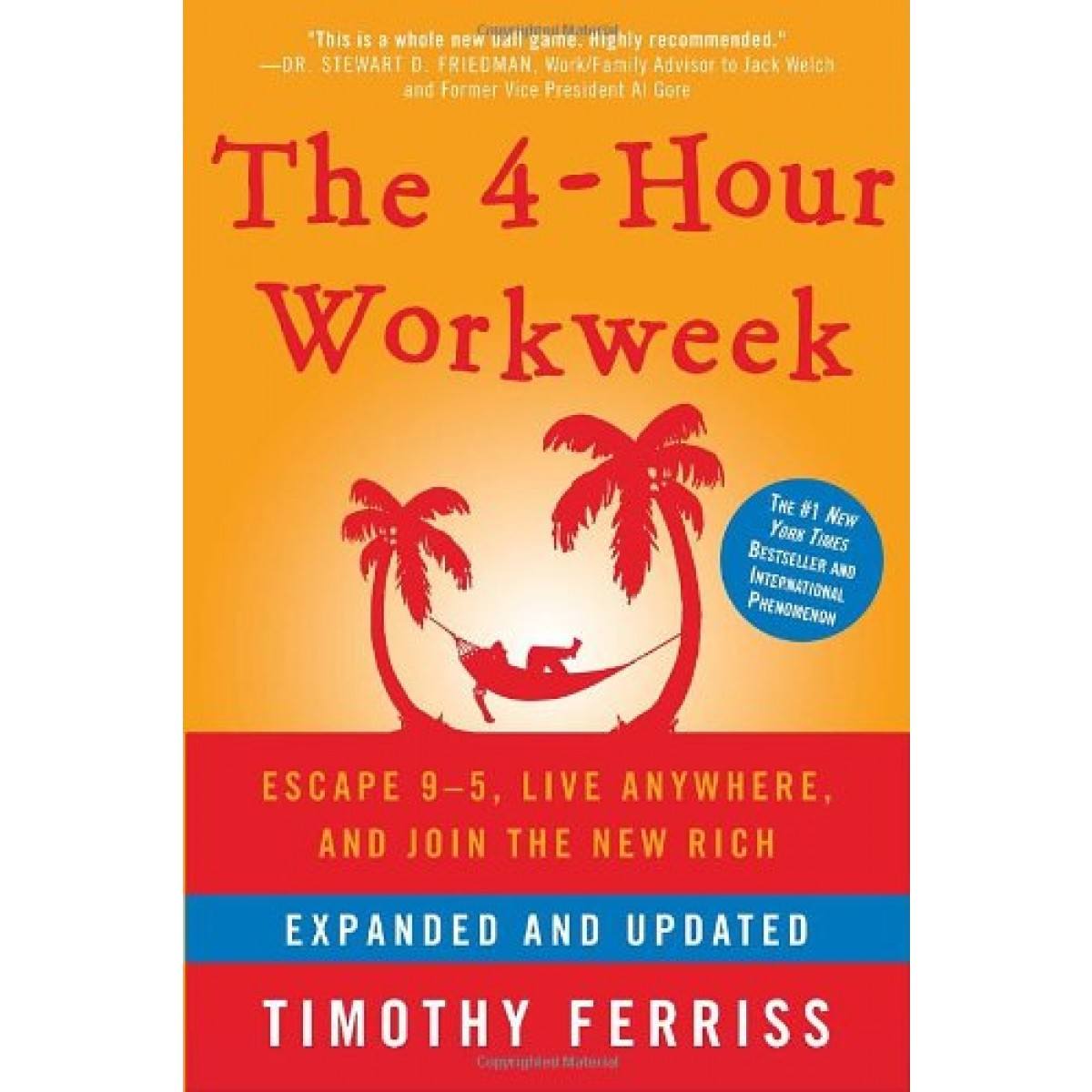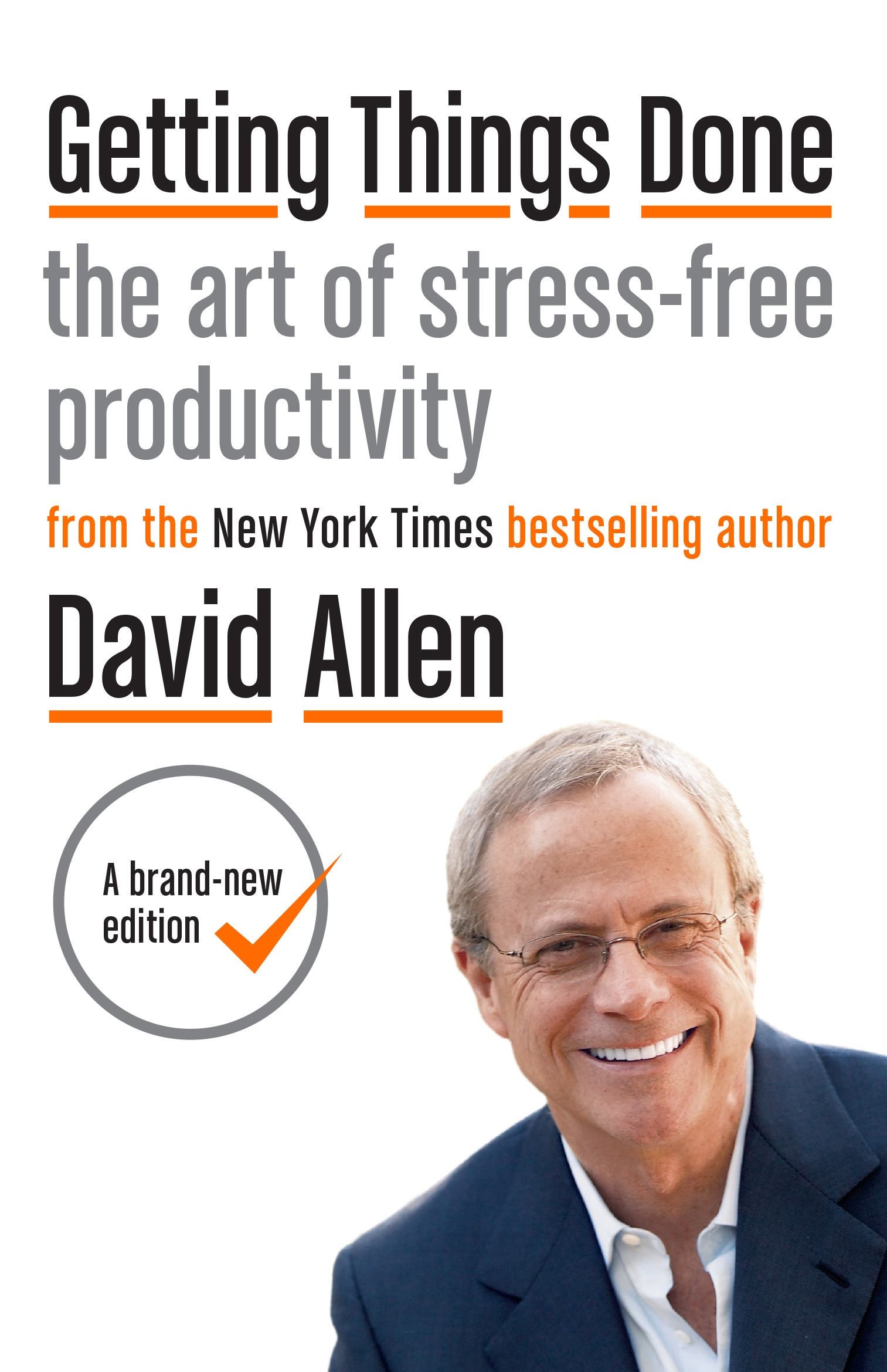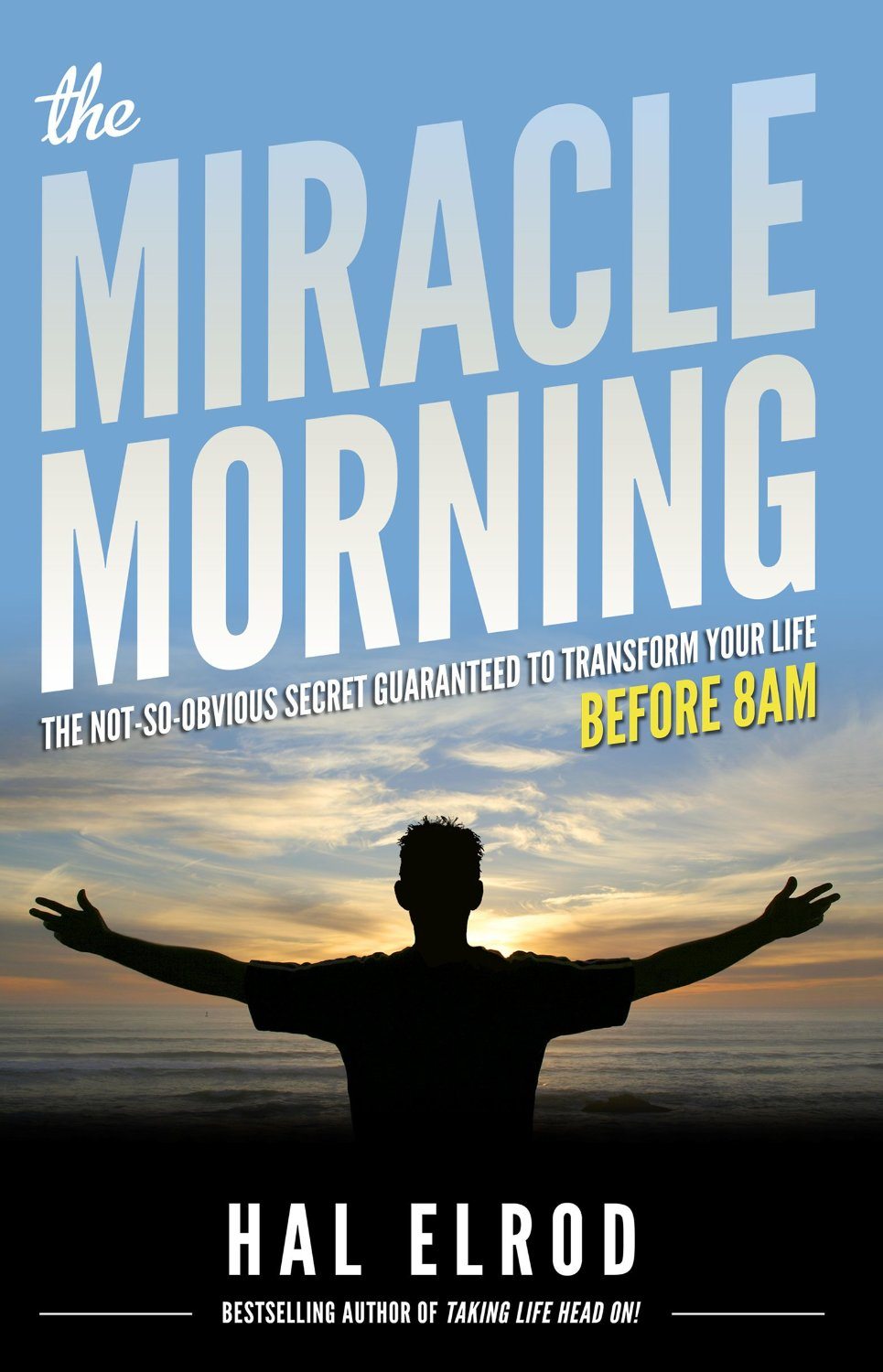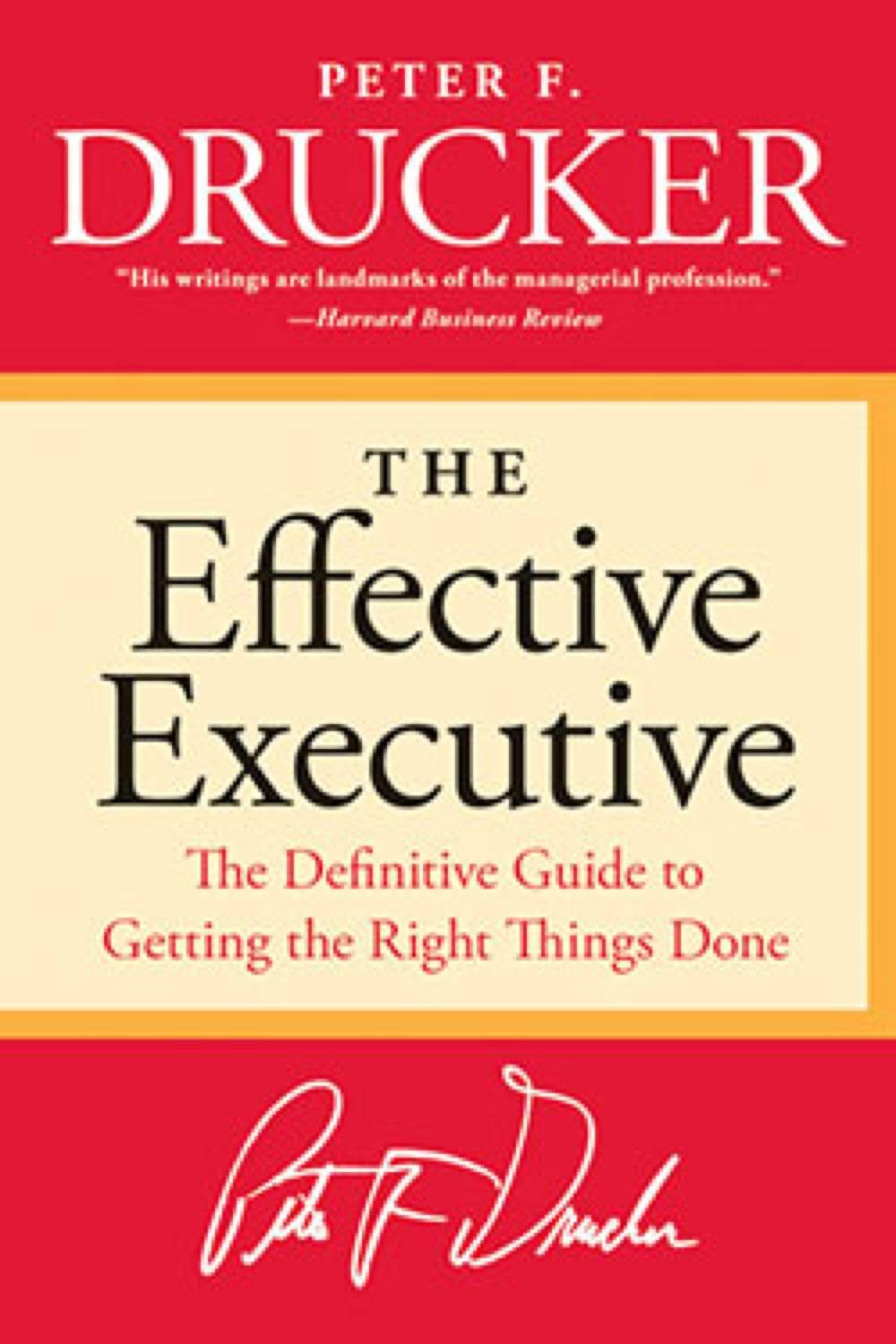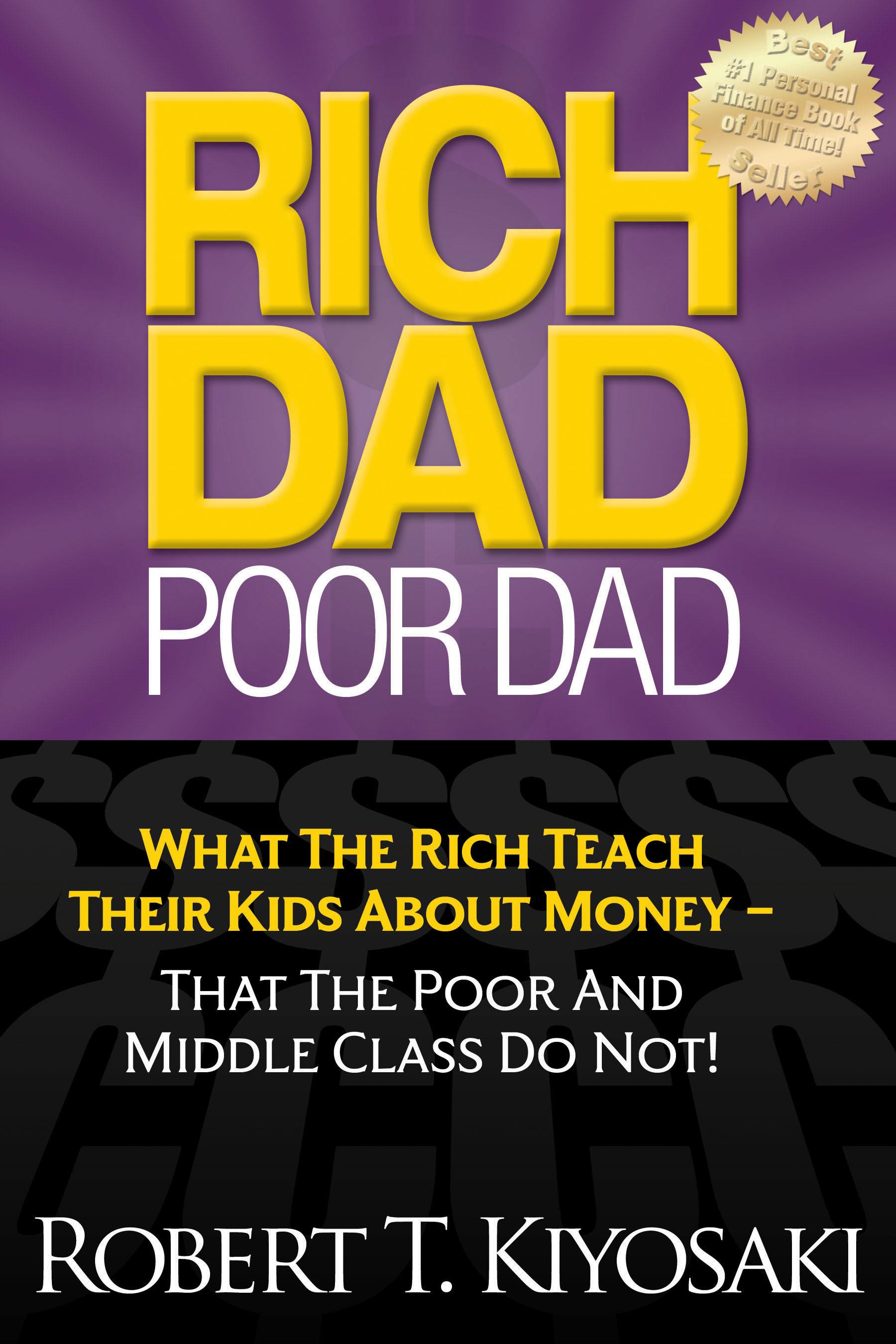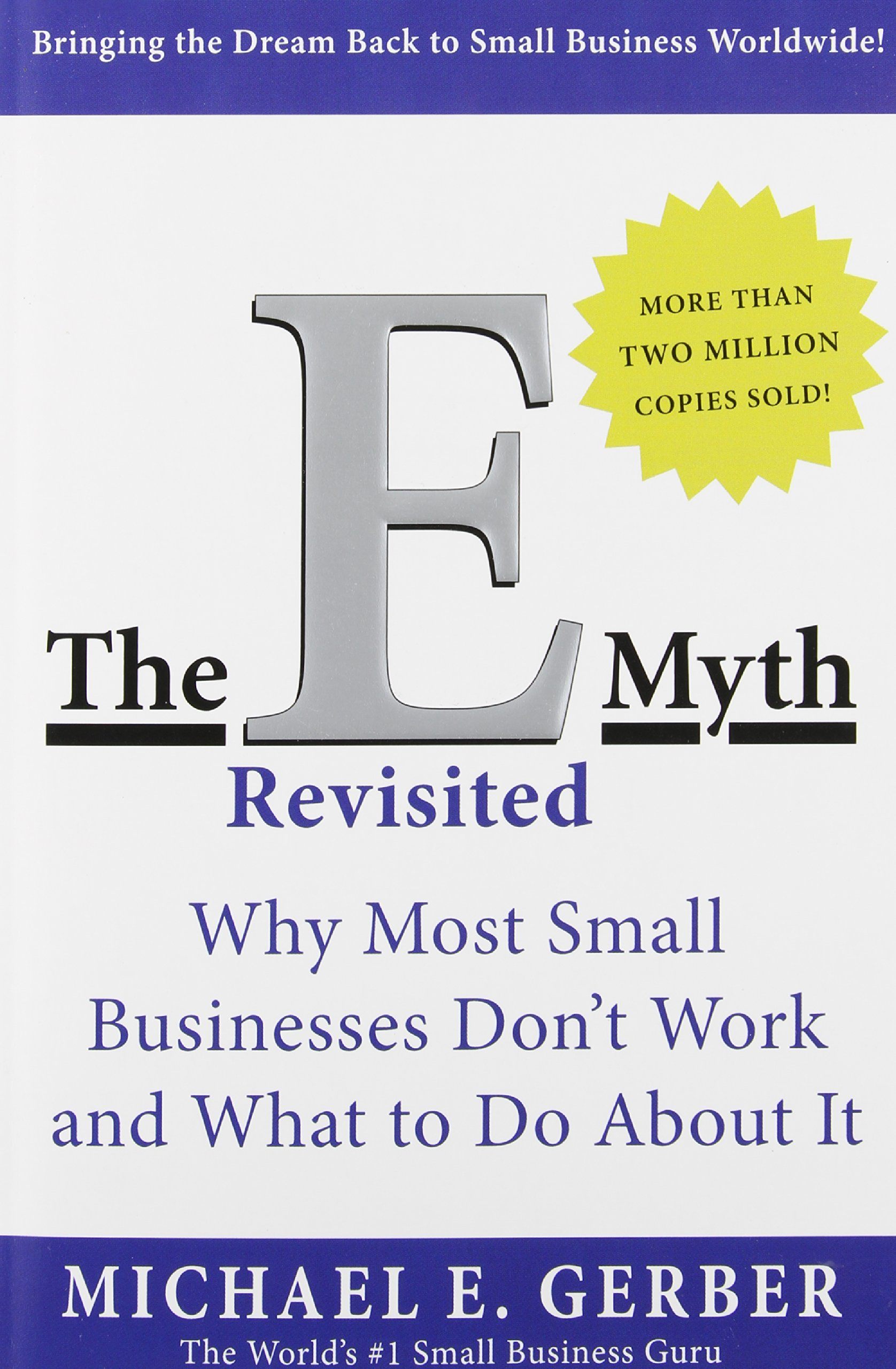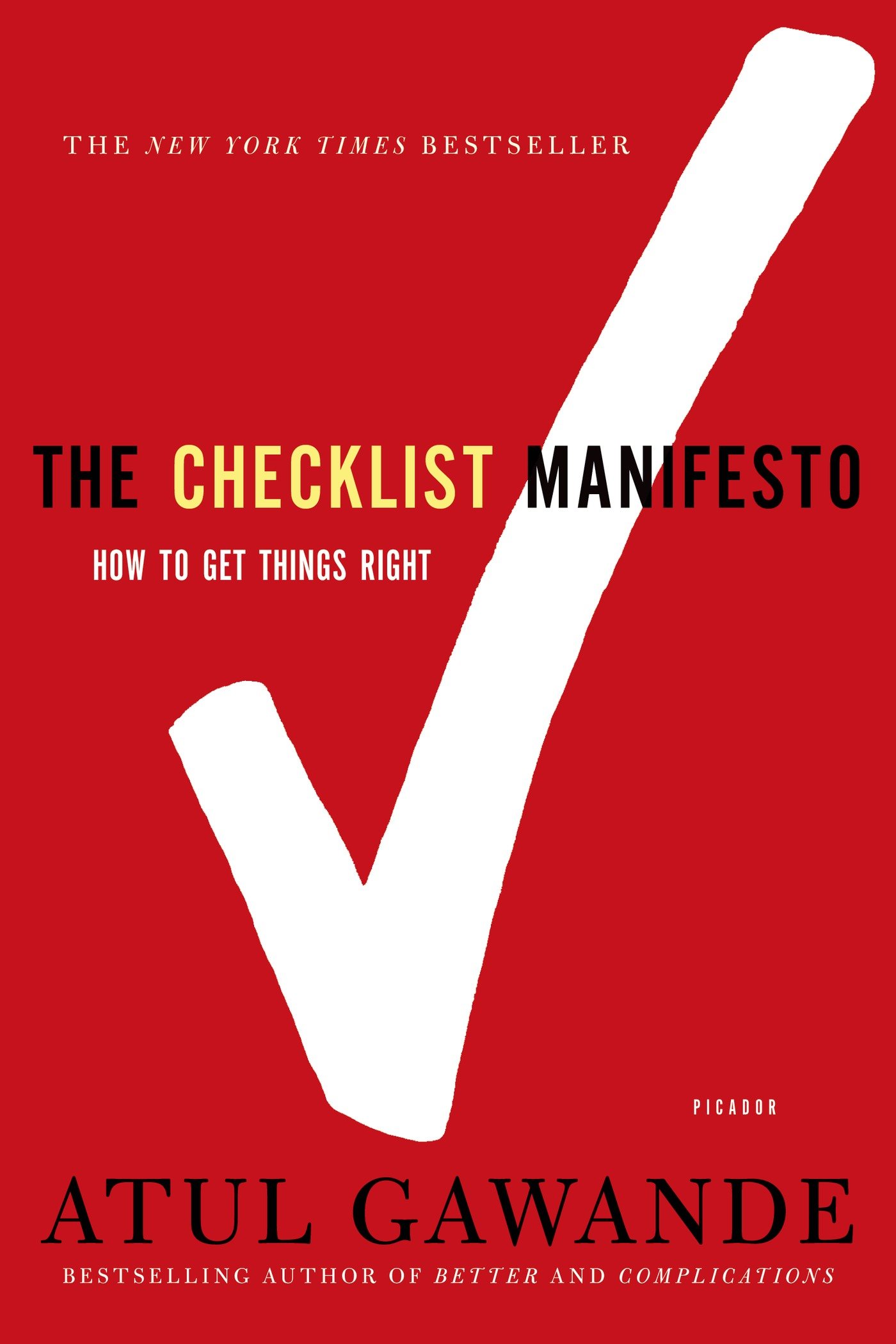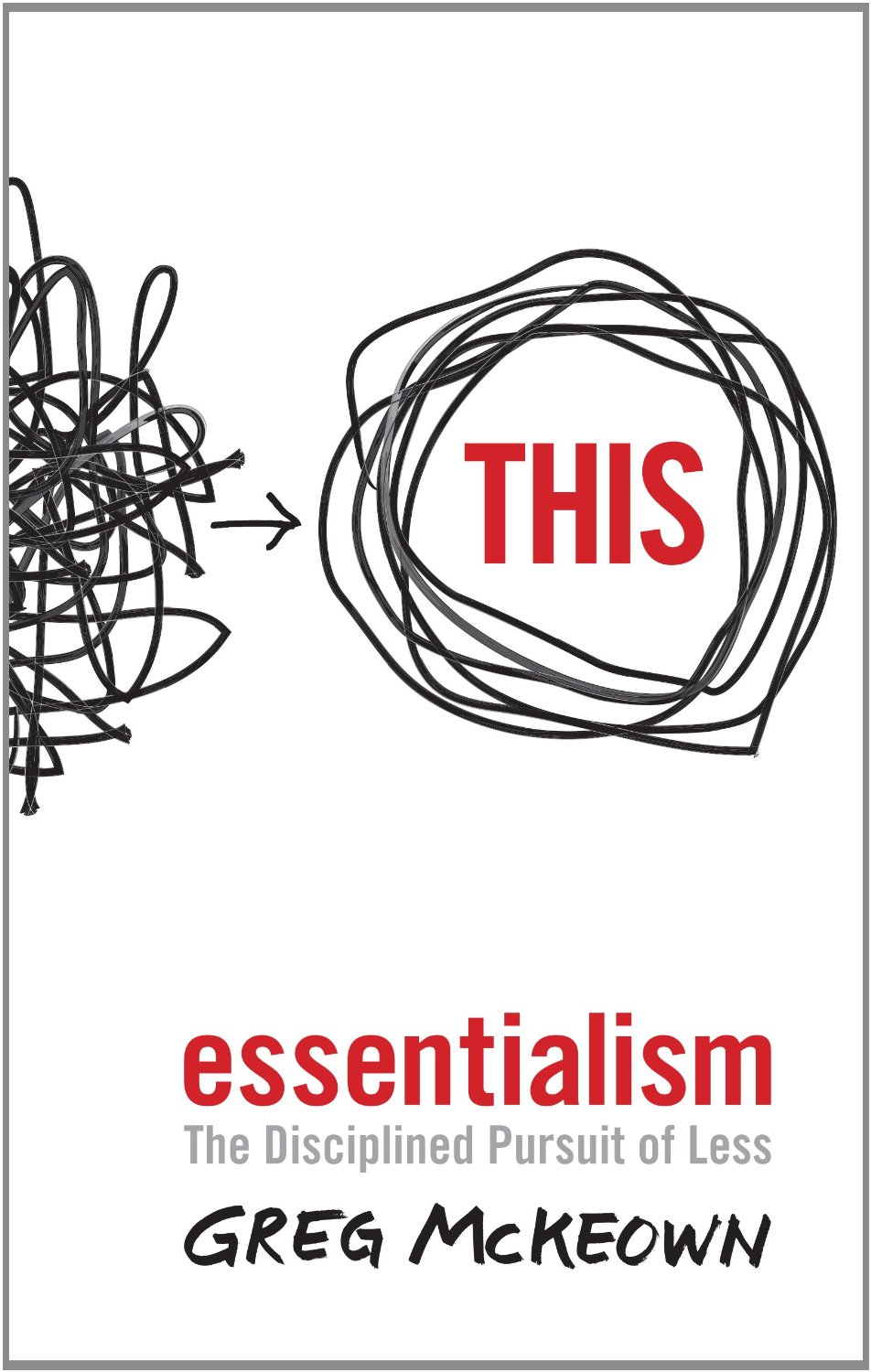1. The Four Hour Workweek by Tim Ferriss
Published in 2007, this book has inspired people around the world. If you have ever wondered how the lifestyle entrepreneur concept became so popular, much of that movement can be attributed to this book’s success. I’ve read the book twice and found it valuable both times. In mindset, this book shows us that time freedom is often more valuable than cash. A book sitting on the shelf cannot do anything to help you. One of the best aspects of the book are the challenges that Ferriss lays out for readers. For example, he suggests lying flat on the ground in a public space for 10 seconds. It’s a small unconventional act that demonstrates there is little actual risk from challenging an established norm. Favorite tip: propose solutions instead of asking for opinions. It moves conversations and daily life along much faster.
2. Getting Things Done: The Art of Stress-Free Productivity by David Allen
David Allen’s classic book is the Bible of business and personal productivity. Unlike some business books that simply present a list of tips and other concepts, Allen delivers a full productivity system to the reader. In terms of mindset, “Getting Things Done” shows that we can maintain perspective and control over our ever growing to do lists. Truly, the book delivers on the promise of helping you to achieve stress free productivity. Favorite tip: I learned how to do a weekly review after reading Getting Things Done.
3. The Miracle Morning: The Not-So-Obvious Secret Guaranteed to Transform Your Life (Before 8AM) by Hal Elrod
They way you start your day has an incredible impact on your productivity. Many of us have read about the morning routines of successful people. The Miracle Morning goes much further. In reading this book and applying the ideas, you can find the time to reinvent yourself through fitness, reading and other personal development activities. When it comes to mindset, this book demonstrates that you can boost your productivity and results through an effective morning routine. It is possible to wake up early! Favorite tip: Build a morning routine with several components (e.g. read for 10 minutes, journal for 10 minutes and do 10 minutes of exercise) so you are ready for the rest of the day.
4. The Effective Executive: The Definitive Guide to Getting the Right Things Done by Peter F. Drucker
Published over 50 years ago, Drucker’s book is an outstanding resource for people in large organizations. For mindset, the early chapter “Know Thy Time” challenges the reader to make a log of how they spend their days. Simply understanding how you spend your time at work can be a shocking revelation. The book also teaches a great Favorite tip: The focus on contribution is an outstanding tip. As Drucker writes, “To ask, ‘What can I contribute?’ is to look for the unused potential in the job.”
5. Rich Dad, Poor Dad by Robert Kiyosaki
Taking command over your money is an important aspect of productivity. With greater financial resources, you can outsource tasks (e.g. use cleaning services or hire a virtual assistant). Of all the financial books I have read, this book had the greatest impact on my view of money. For example, Kiyosaki defines an asset as something that generates cash for you – that means your car and personal home are not assets! For many of us, we are used to looking at our homes as assets. In fact, our homes usually drain cash! The book reminds us of the importance of building new income producing assets (e.g. dividend paying stocks, ownership in companies, royalties etc). Favorite tip: Kiyosaki recommends seeking work that gives you learning and growth opportunity, rather than a comfortable job – that’s a great way to grow your productive capability.
6. The E-Myth Revisited: Why Most Small Businesses Don’t Work and What to Do About It by Michael E. Gerber
Many entrepreneurs cite this book as a key resource in growing their skills and taking control over their lives. Many people get into business because they are tired of working for someone else. Others are interested in focusing on their craft or passion – baking, writing or working on cars. Gerber’s book points out that it is vital to create systems and procedures for the business to grow – otherwise the business will never grow past your personal productivity. Favorite tip: Write standard operating procedures for every aspect of your job so that you the business can keep running whether you show up or not.
7. The Checklist Manifesto: How to Get Things Right by Atul Gawande
Making mistakes is frustrating! The typical answer to avoiding mistakes and improving performance is more education and training. However, there are other options. The mindset lesson from The Checklist Manifesto is that a simple checklist can significantly improve performance. For example, Atul Gawande discuses examples where commercial pilots constantly use checklists so that flights run safely. Many medical professionals including surgeons, nurses and others use checklists to avoid mistakes in health care. Favorite tip: Learn how to create a checklist to improve your productivity.
8. Essentialism: The Disciplined Pursuit of Less by Greg McKeown
Deciding where to focus your limited time and attention is a key choice in productivity. While hacks and tips will improve your results, those are secondary considerations. The mindset lesson from “Essentialism” is to say no to requests, people and tasks that are non-essential. It is a painful skill to master, especially if you have been a people pleaser. The book is an enjoyable read and includes illustrations from McKeown’s life experience. Favorite tip: Follow the “protect the asset” suggestion by getting enough sleep and exercise. A sound body is key to staying productive. Featured photo credit: Library/James_Valma via pixabay.com
